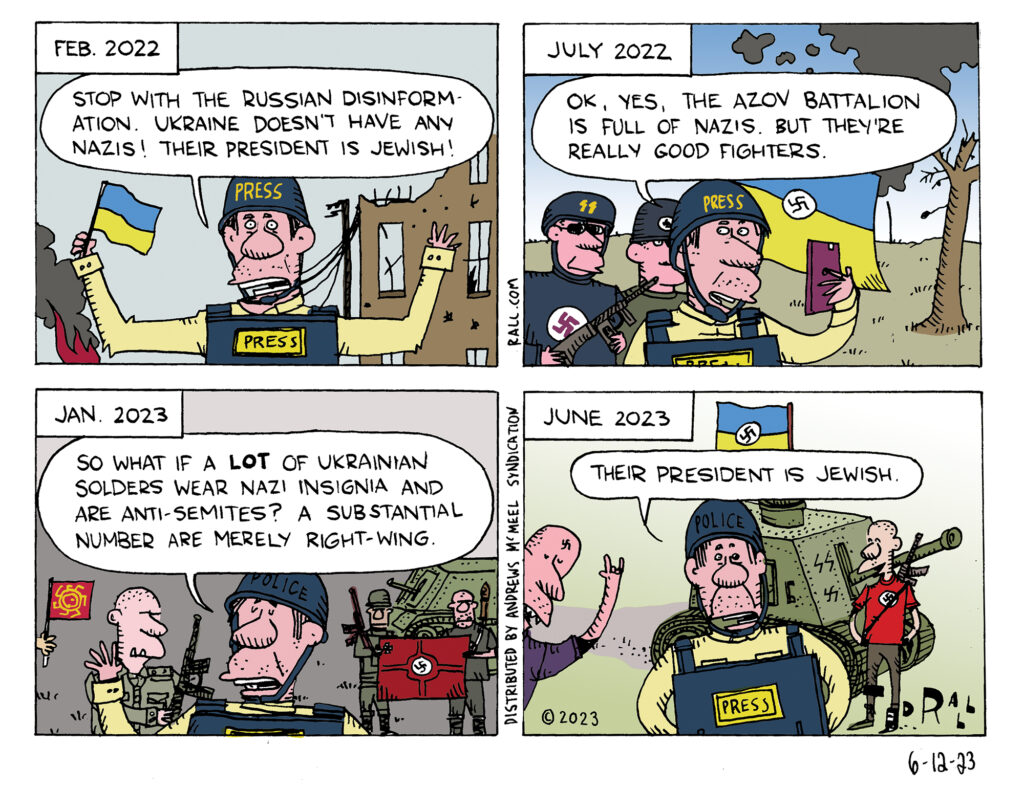Hosts Ted Rall and Manila Chan discuss breaking news in this episode of The Final Countdown, including Biden’s asylum policy.
Susan Pai: Immigration Attorney
Brad Blankenship: Prague-based American journalist
Dr. Reese Halter: Conservation biologist
Dan Kovalik: Human rights lawyer
The show kicks off with Susan Pai, an immigration attorney, to discuss a judge blocking Biden’s asylum policy.
In the second half of the first hour, journalist Brad Blakenship joins from South China to discuss Qin Gang getting fired.
The second hour begins with conservation biologist Dr. Reese Halter discussing the Gulf Stream’s current collapse.
The show closes with human rights lawyer Dan Kovalik to talk about his time in Donbass.

